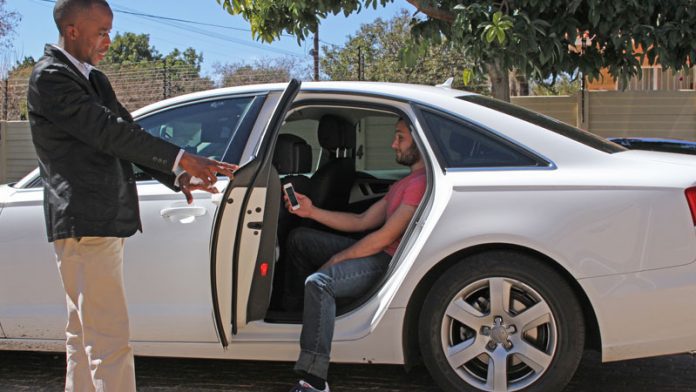Towards the end of 2022, Uber started mapping out ways to enter South Africa’s townships. Soweto contributes to a large number of Uber consumers, who currently stand at 4,7 million users. The historic township has a great establishment of formal businesses, this is according to Nakampe Molewa.
Molewa, one of two general managers at Uber Eats Sub-Saharan Africa, was interviewed by Sunday World as Uber marked 10 years in the country.
Molewa said there is money to be made in the townships and Uber wanted to participate meaningfully in that economic space.
“We chose Soweto to test run our programme as it is buzzing there. We are targeting the youth and getting them into the business where they can be owner-drivers. For us that secures supply.
“Another partner is Diageo [a drinks brand marketer], who runs road safety campaigns. They also train youngsters who arrive to them via us (Uber). We are aiming to help 20 000 drivers with this programme [with Diageo].”
Molewa added: “As Uber Eats, we are very interested in the big international brands. However, a key focus for us is SMMEs and how we can pull them into the full operations of the economy.
Apart from Soweto, Uber has identified five other Gauteng communities where it has handpicked people from training to contribute towards the growth of the brand. These are Atteridgeville, Mamelodi, Kagiso, Vosloorus and Lanseria South.

Speaking to Sunday World at Uber’s 10th year anniversary in Mzansi on Tuesday, Molewa described the celebration as a milestone of activity in South Africa. He said it is 10 years of the ride service and seven years of the delivery service Uber Eats.
“For a business like us that has never been done before, [it was] really an experiment to come and establish itself and prove itself as a workable solution as an economic driver, and we are taking a pause to celebrate it,” he said.
He added that Uber and minibus taxis can coexist, as it is not a win or lose situation.
“We are just turning it on its head and doing it differently. This is a long journey and we just need to move forward, we just have to deliver fruit enough,” he added.
On Tuesday, Uber launched its first electric mobility product in the country along with a number of new innovative mobility and delivery products as well as the expansion of existing features to new geographies in the country.

General manager of Uber Sub-Saharan Africa, Kagiso Khaole, stated that the mobility business in South Africa has grown over the past few years, evidenced by expansion to nearly 30 cities across the country, and providing independent earning opportunities for over 20 000 earners.
Uber announced that Cape Town will be the first city to experience electric vehicles for Uber Package. He said the key step in transitioning the Uber Package fleet to be fully electric by 2023 and in achieving Uber’s global target of becoming a zero-emission platform by 2040.
In addition, Uber is expanding Uber Van to Cape Town, its luxury rideshare offering Uber Black to Durban, and the addition of Reserve Airport Pickup for its Uber X, Uber Comfort, and Uber XL rides.
Uber Eats also announced the launch of Uber Live, a mobile ordering solution that puts the Uber Eats pick-up product into the hands of people when they are doing something they love.
Whether in an airport, sports stadium, concert venue or music festival, Uber Live will help improve the consumers’ experience.



